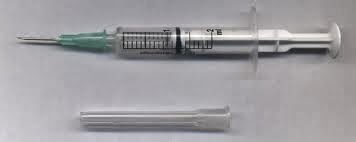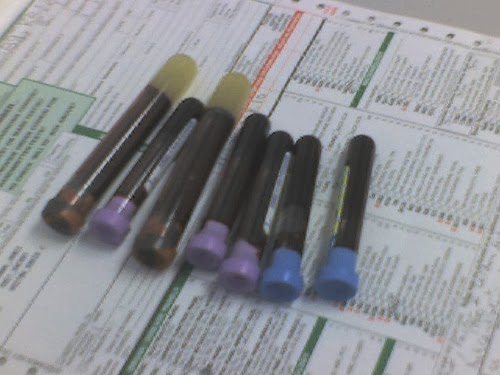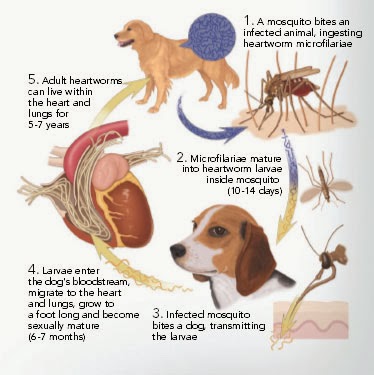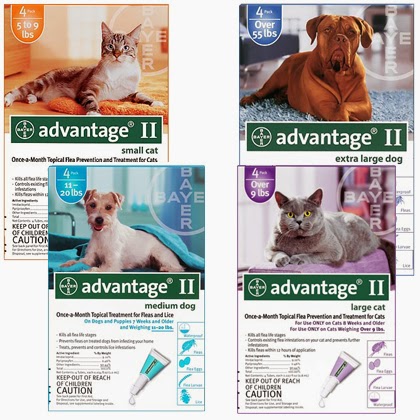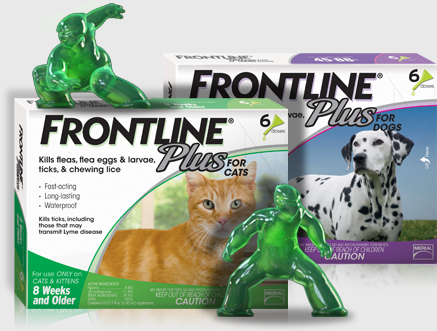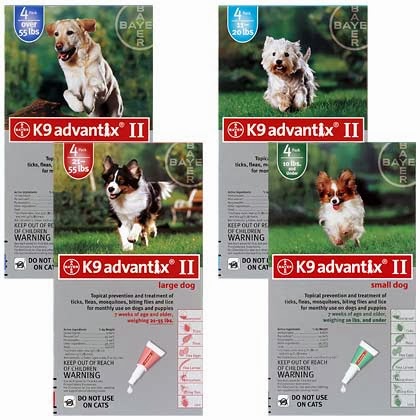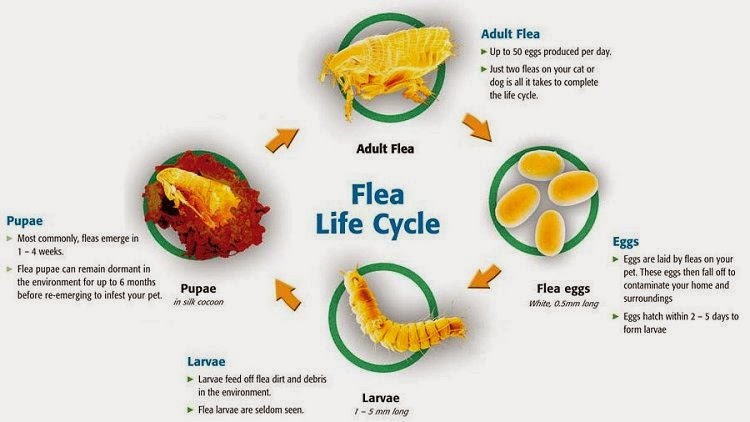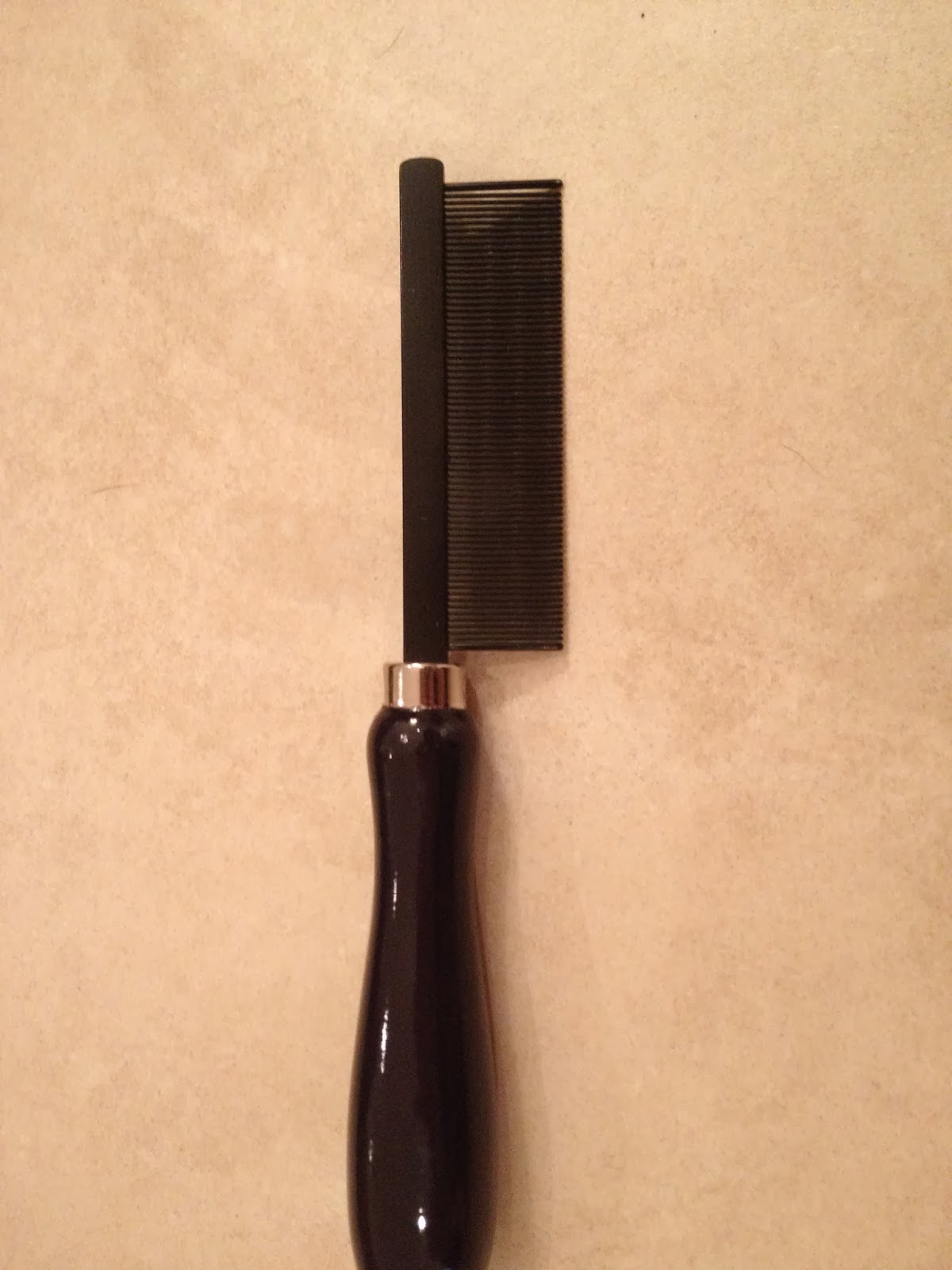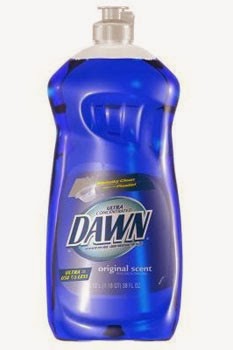Say you've just adopted your first puppy or kitten, and the shelter informs you that they have been vaccinated with their first round of shots. You think, okay that's great; I don’t have to worry about that for another year. WRONG! You must complete the full series of vaccinations, usually 3 separate rounds, before your puppy or kitten is fully protected for the year. It is important to get your pet vaccinated each year, until in my opinion your pet(s) reaches 7 years old (mature adult).
Once your pet has reached 7 years old, I recommend doing no more vaccines, and instead perform blood work. My reasoning behind this is, if your pet has been vaccinated for 7 years straight, they usually have built up enough antibodies for their whole life, so vaccines are no longer needed. In fact, vaccines for sick and/or elderly animals can actually be harmful. This is due to older animals not being able to process the vaccine properly. It’s simply just too much stress for their bodies to process.
So if your pet is 7 years or older, my pet advice would be to have a Profile (Checks for organs function), CBC (Complete blood count), and T4 (Checks thyroid) blood panel performed. These blood tests usually enable you to catch potential issues before they are a big problem. Just like vaccines were preventive care, now blood work is preventive care.
Some Veterinarians may require you to get a Rabies shot because it is required by law, but there is a way around this. If you encounter a Vet that tells you that your pet must have a Rabies shot, tell them to do a rabies titer. They will probably be shocked that you know about this, but should be willing to perform the blood test instead of the vaccine. The rabies titer is a blood test that is sent out to a lab where they check the cells to see how many antibodies for rabies your pet currently has. If they have high enough antibodies, they do not need another vaccine for a whole year.
Blood test titers can be performed for most vaccines your pet(s) receive yearly, so if you are a person who does not like a lot of vaccines, you can go this route for your pet(s).
Please return next week to learn more about keeping your pet(s) happy and healthy.

